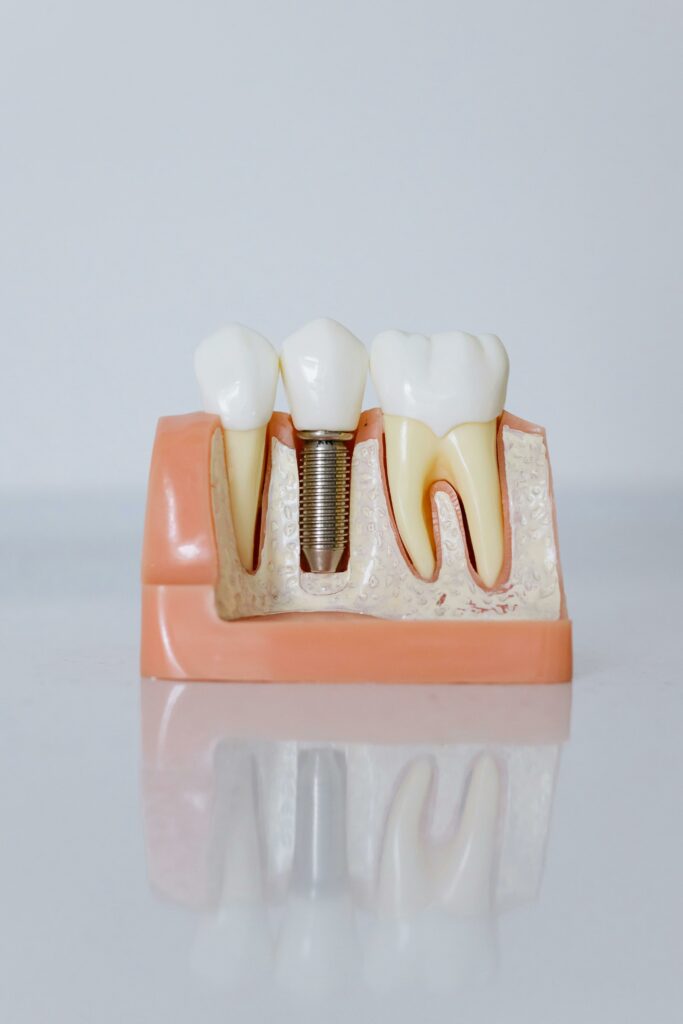Dental Insurance for Seniors: Your Guide to Affordable Coverage
Oral health is a big part of overall health. Gum disease has been linked to heart disease, diabetes, and even memory issues. Yet, so many seniors skip the dentist because they’re worried about costs. That’s where dental insurance comes in. A solid plan can cover preventive care (like cleanings and X-rays), basic procedures (fillings, extractions), and even major work (crowns, dentures, or implants). The key is finding a plan that fits your budget and your needs.

Medicare & Dental Coverage: The Fine Print
Here’s the frustrating part—original Medicare (Parts A & B) doesn’t include routine dental care. Need a tooth pulled during a hospital stay? Maybe covered. Need a cleaning or a filling? You’re on your own. That’s why many seniors turn to Medicare Advantage (Part C) plans, which often bundle dental coverage. Another option? Standalone senior dental insurance plans from private insurers like Delta Dental, Humana, or Cigna. These can be surprisingly affordable, especially if you’re mainly looking for preventive care.
Discount Plans vs. Traditional Insurance: What’s Better?
Not sure if full-blown insurance is worth it? Dental discount plans are a popular alternative. For a low annual fee (think 100−200), you get access to reduced rates at participating dentists. No deductibles, no claim forms—just show your card and save. The downside? These aren’t insurance, so they won’t cover as much, but they’re a great option if you just need basics like cleanings and exams.
Shopping for dental insurance can feel overwhelming, but it doesn’t have to be. Start by asking:
What procedures do I actually need? If you have dentures or implants, look for plans that cover major work.
Is my dentist in-network? Sticking with your current dentist could save you money.
What’s the annual maximum? Many plans cap coverage at 1,000−1,500 per year—make sure that’s enough for your needs.
Are there waiting periods? Some plans make you wait 6-12 months before covering major procedures.
Final Thought: Don’t Wait Until It Hurts
The best time to get dental insurance? Before you have a dental emergency. A simple cavity becomes a root canal if ignored, and that’s way more expensive to fix. So whether you go with a Medicare Advantage plan, standalone insurance, or a discount plan, the goal is the same—keeping your smile (and your wallet) healthy for years to come.
Ready to explore your options? A little research today could save you a lot of pain—and money—tomorrow.







